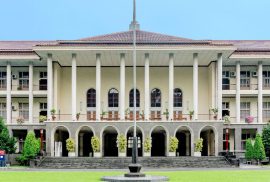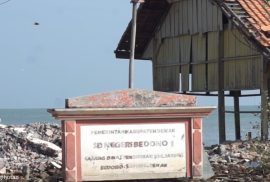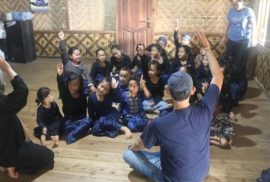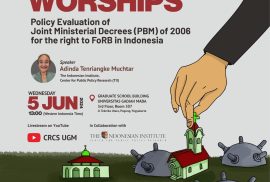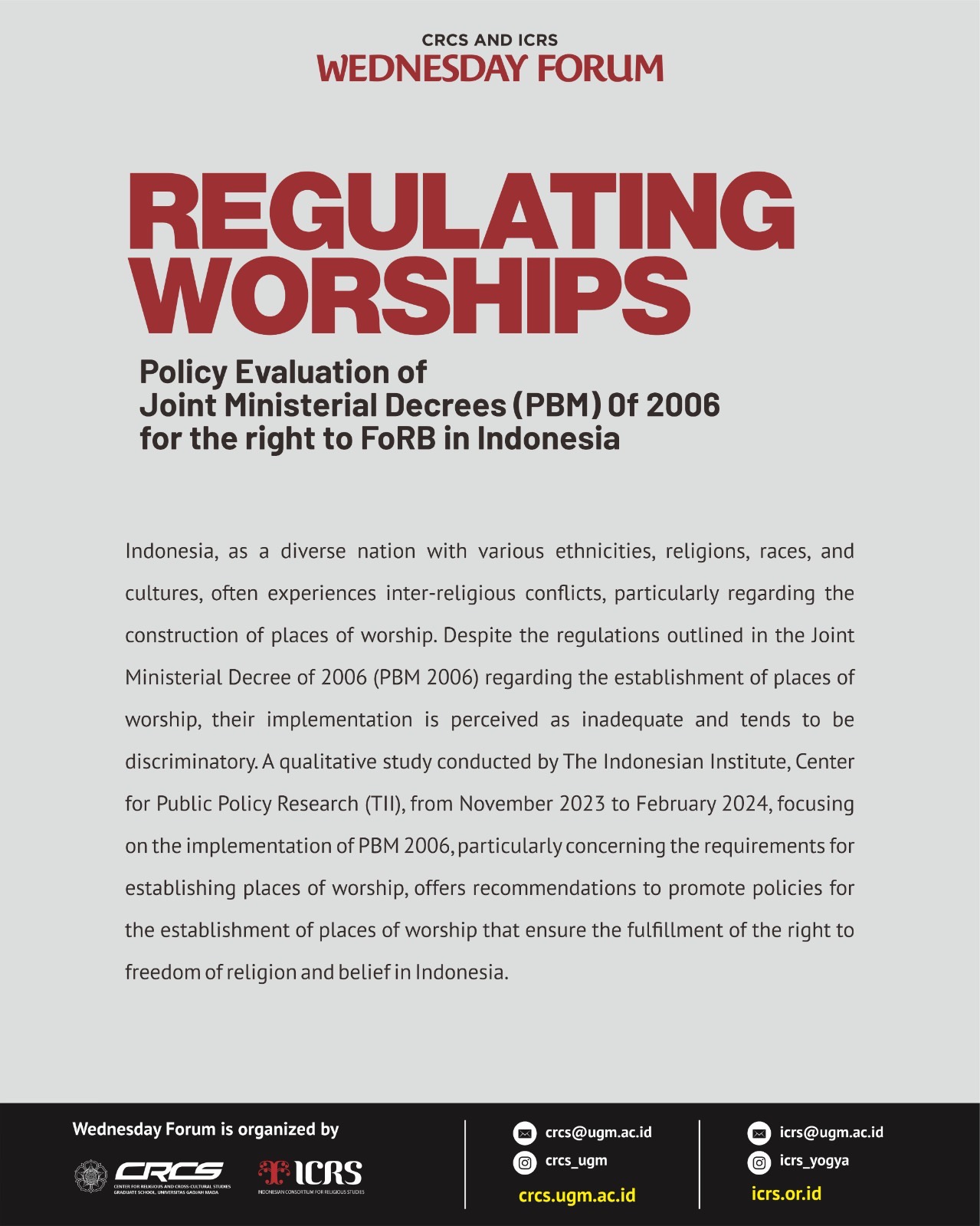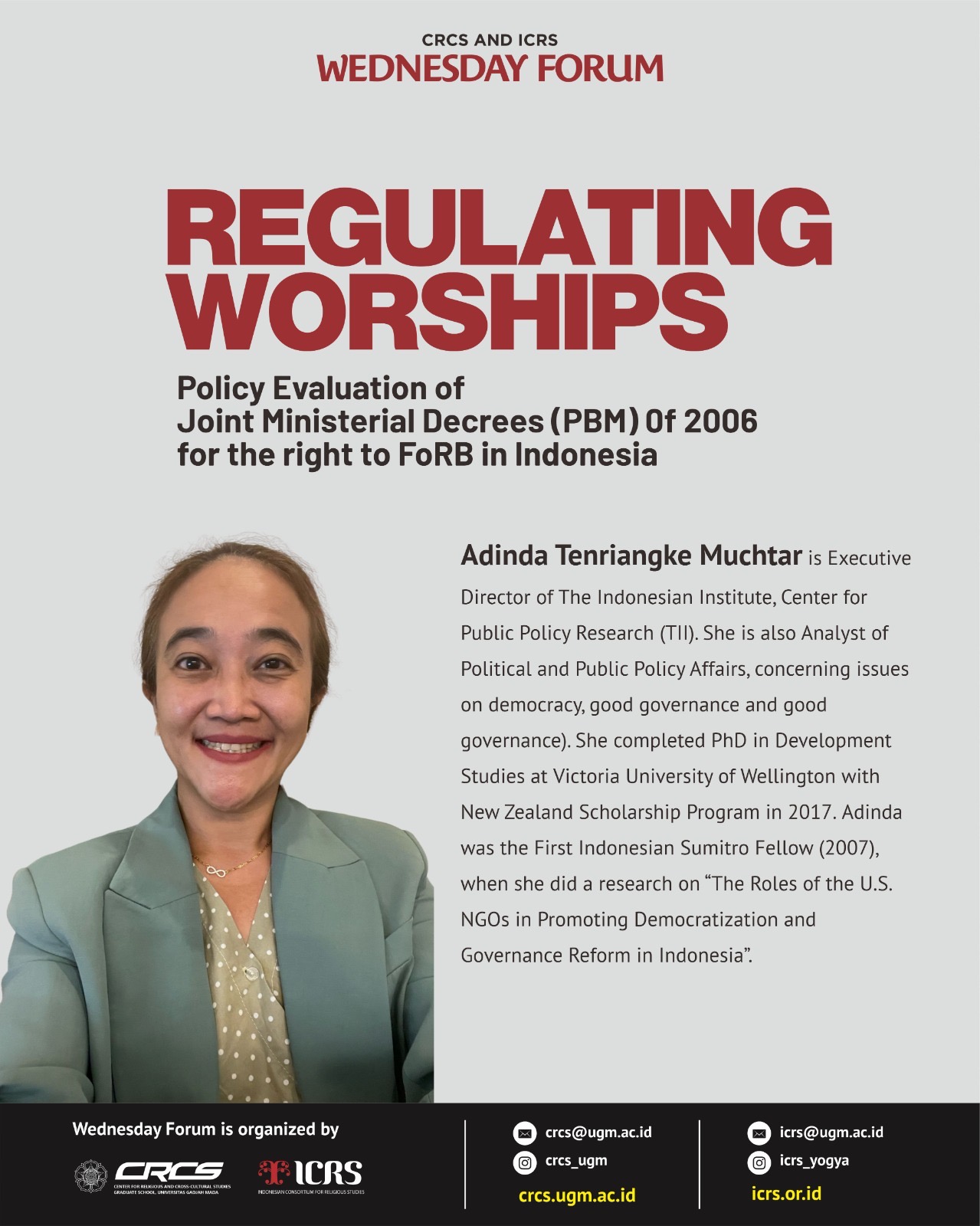Overview
In an era marked by rapid technological innovations and digital transformations, the domain of interreligious dialogue faces both novel opportunities and unprecedented challenges. The emergent capacities of artificial intelligence (AI) and digital media are reshaping foundational interactions across religious boundaries. This special issue of the Studies in Interreligious Dialogue seeks to explore the intersections of interreligious dialogue with digital practice and the advent of AI, inviting global scholars to contribute their insights and research findings.





